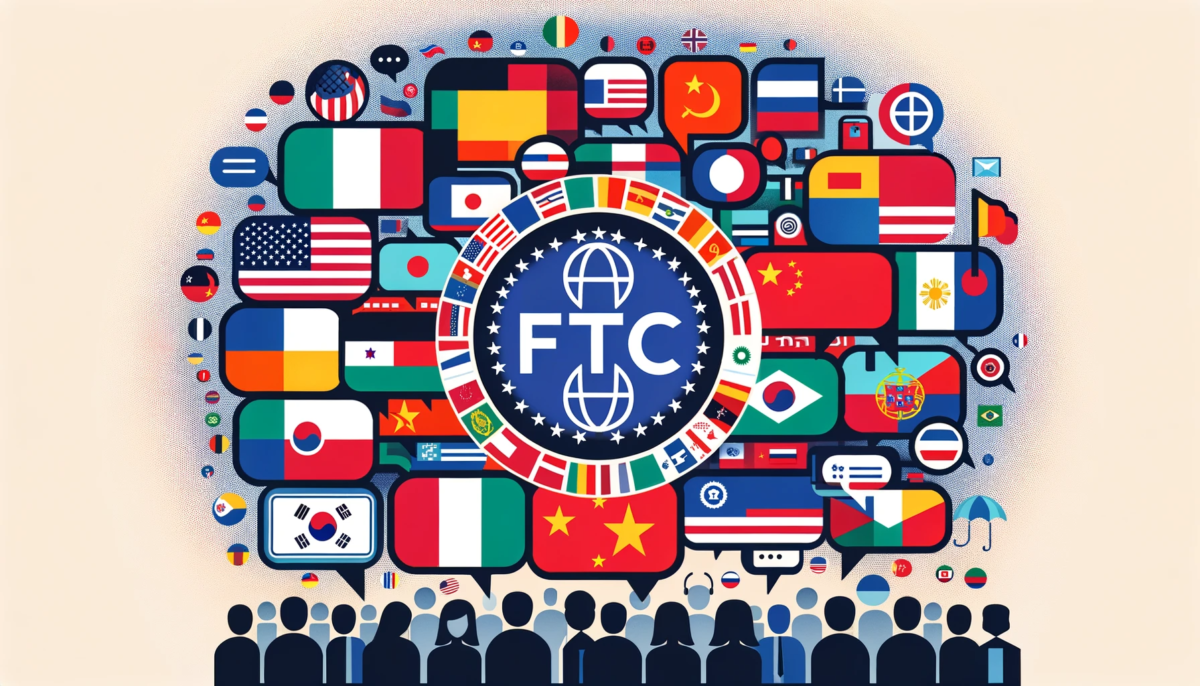In a groundbreaking move, the Federal Trade Commission (FTC) has taken significant steps to enhance its outreach and services to non-English speaking communities, demonstrating a robust commitment to fighting fraud across diverse linguistic landscapes. The national briefing held on November 21, 2023, titled “The FTC Breaks Through Language Barriers to Reach Consumers Targeted by Fraud,” marked a pivotal moment in the Commission’s efforts to inclusively combat consumer fraud.
Expanding Multilingual Services
Recognizing the vital need to connect with consumers in their native languages, the FTC has extended its fraud reporting and advisory services beyond English and Spanish. The inclusion of multiple languages, including Arabic, Vietnamese, Mandarin, Korean, Somali, Tagalog, Russian, Polish, and Portuguese, is a strategic move to empower consumers from various linguistic backgrounds. This expansion not only facilitates easier reporting of fraud but also ensures access to crucial information on fraud prevention in a language that consumers understand.
Influential Participation and Testimonies
The briefing showcased the insights of key figures from the FTC, notably Monica Vaca, Deputy Director of the Bureau of Consumer Protection, and Larissa Bungo, Senior Attorney of the Division of Consumer & Business Education. Their presentations underscored the FTC’s dedication to consumer protection and education. Additionally, the event featured poignant testimonies from individuals like Jongwon Lee, who have directly benefited from the FTC’s multilingual services. These stories highlighted the real-world impact of the FTC’s initiative.
Aiming for Inclusive Consumer Protection
The FTC’s move to break down language barriers is more than just a policy shift; it’s a strategic initiative to gain a comprehensive understanding of the scams targeting different communities. This approach not only enhances the FTC’s ability to fight fraud but also empowers consumers to be proactive in protecting themselves. The initiative underscores the FTC’s commitment to inclusivity, ensuring that all consumers, regardless of their linguistic background, have equal access to protection and resources.
Collaborative Effort for Broader Reach
The event was a collaboration between Ethnic Media Services and the FTC, showcasing a partnership that amplifies the reach of consumer protection messages. The provision of simultaneous interpretation in Spanish, Korean, and Mandarin during the event was a testament to the FTC’s dedication to accessibility and inclusivity.
Conclusion
The FTC’s efforts to reach consumers across language barriers represent a significant stride in consumer protection. By recognizing and addressing the diverse linguistic needs of the American populace, the FTC is not only combating fraud more effectively but also reinforcing its commitment to safeguarding all consumers. This initiative sets a precedent for other government agencies to follow, promoting a more inclusive approach to public service and protection.



